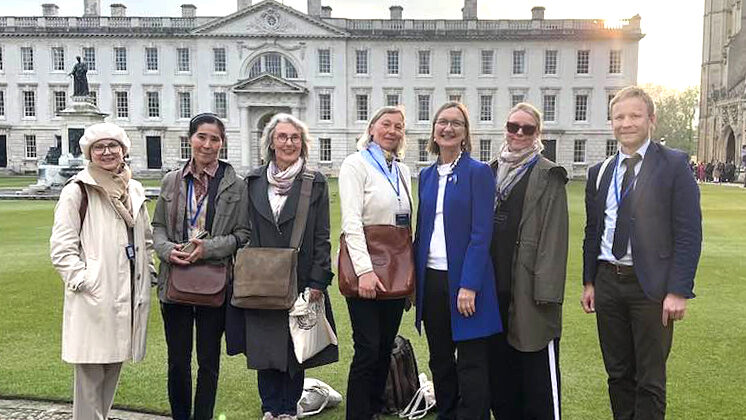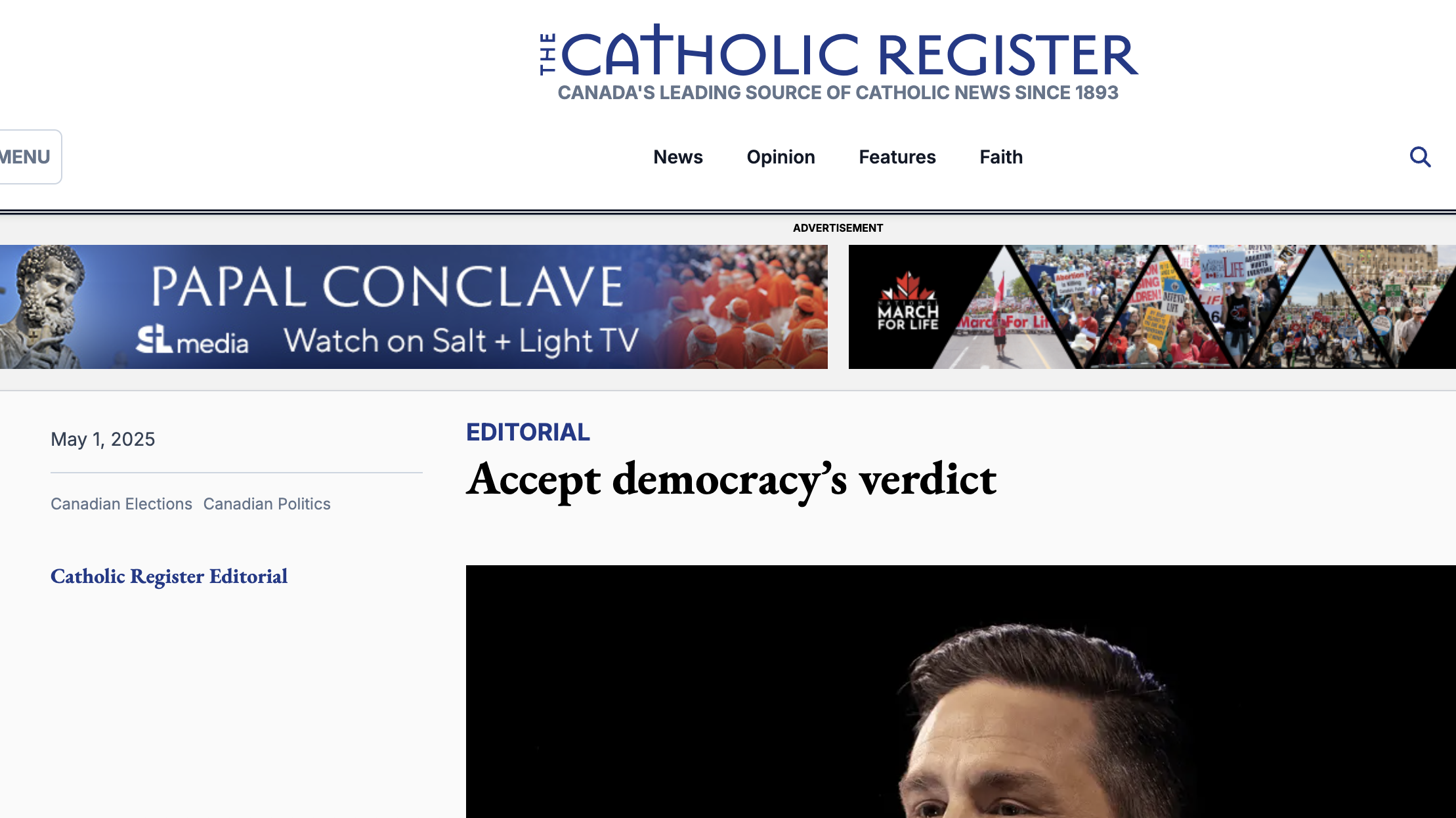He spoke also of the universal story and need for wellbeing. Moved to look into current concerns of our Ontario Conservation Authorities, I want to share an understanding of the threat they are now facing and what can be done about it. Here is a link to the Ontario Nature appeal (heategu loodusele) which readers are urged to consider:
https://ontarionature.good.do/conservationauthorities/send/
People should be aware that while we are rightly focussed on the immediate threat to our health and safety with the pandemic, substantial changes are being put forward to the power of conservation authorities. Their ability to protect natural areas is being substantially reduced and with that the ability to protect people from flooding. The issues are global. Saving what is beautiful and ecologically important is a global priority, and institutions, imperfect though they sometimes seem to be, must be allowed and enabled to take the steps regarding policies and actions that will achieve this.
Below is the letter I sent to the Ontario Minister of Finance and my MPP. The anecdotes and information I have added to personalize the letter from Ontario Nature to which I have signed on are based largely on my experience of living in Toronto, where city plans have included a ravine strategy and biodiversity, and on concerns over natural heritage within the broader Estonian community. An accessible and instructive Webinar is available at https://cela.ca/we-need-our-conservation-authorities-webinar/
November 22, 2020
To Minister Phillips, ON Ministry of Finance
cc: Minister Clark, Ministry of Municipal Affairs and Housing; Minister Yakabuski, Ministry of Natrural Resources and Forestry; and Minister Yurek, Ministry of the Environment, Conservation and Parks
Subject: Don’t Undercut Conservation Authorities with Schedule 6
Dear Minister Phillips,
My husband and I strongly oppose the proposed changes to the Conservation Authorities Act set out in Schedule 6 of Bill 229 that curtail the role of Conservation Authorities in watershed planning and management. We witnessed torrential rains wipe out the possibility of a normal morning commute on the Don Valley Parkway near our home in 2013. Thirty-year veteran police officers had never seen water cresting so high. 1400 passengers had to be rescued from a commuter Go train that got stranded in storm water 15 minutes after leaving Union Station. Homeowners took a beating with flooded basements, sewer problems and other issues. Nor have I forgotten driving through flash floods in the High Park and lakeshore area of the city this past summer. The 50-70 mm of rain delivered by a sudden wild storm while I was at the dentist almost equalled what Toronto normally got in the month. We are aware of the critical role of the TRCA, the creation of the Conservation Authorities Act to deal with water and watershed issues province-wide, and the place of preparedness among our city's top priorities. Why move in the opposite direction when COVID has taught the need for broader vision and the need for science-based decision-making?
We are also deeply concerned that the proposed changes were brought forward in a budget bill, thereby over-riding our right to comment under the Environmental Bill of Rights. They are unlikely to be good for public safety, the environment, or speedier approvals. COVID has taught the need for public trust and for confidence in the process. We request that you remove Schedule 6 in its entirety from Bill 229.
My Estonian community is not homogeneous but it is no secret in Ontario it has tended to vote Conservative. At the same time, based on recent developments in Estonia regarding environmental conservation, the community has become increasingly sensitive to environmental concerns. The natural and cultural heritage are traditionally perceived as one, and as now offering as such significant recreational opportunities. A wholistic approach, conservation, and restoration of natural resources are understood as more, not less, important than ever in guiding decision-making, as are appropriate expertise and tools.
Ontario’s Conservation Authorities are a unique and widely respected innovation. They provide a much-valued bridge across municipal boundaries to understand and address environmental concerns, such as flooding. Because they operate at the watershed level, they are ideally positioned to encourage science-based collaborative strategies and decision-making. Their vital role in land use planning and permitting must be retained to ensure that development does not put communities at risk from flooding and other climate change impacts through loss of wetlands, woodlands and farmland.
The changes proposed in Schedule 6 will reduce or constrain the mandate of Conservation Authorities, and are therefore contradictory to the interests of the people of Ontario who are facing enormous risks and costs as a result of climate change and ongoing biodiversity loss. The roles and responsibilities of Conservation Authorities are critical in protecting the lands, waters and wildlife which benefit businesses and communities across Ontario, and upon which our health and well-being ultimately depend.
We urge you to remove Schedule 6 in its entirety from Bill 229.
Yours sincerely,
Alja Pirosok and Edward Ksenych
Toronto ON M4J 1B8 Canada




